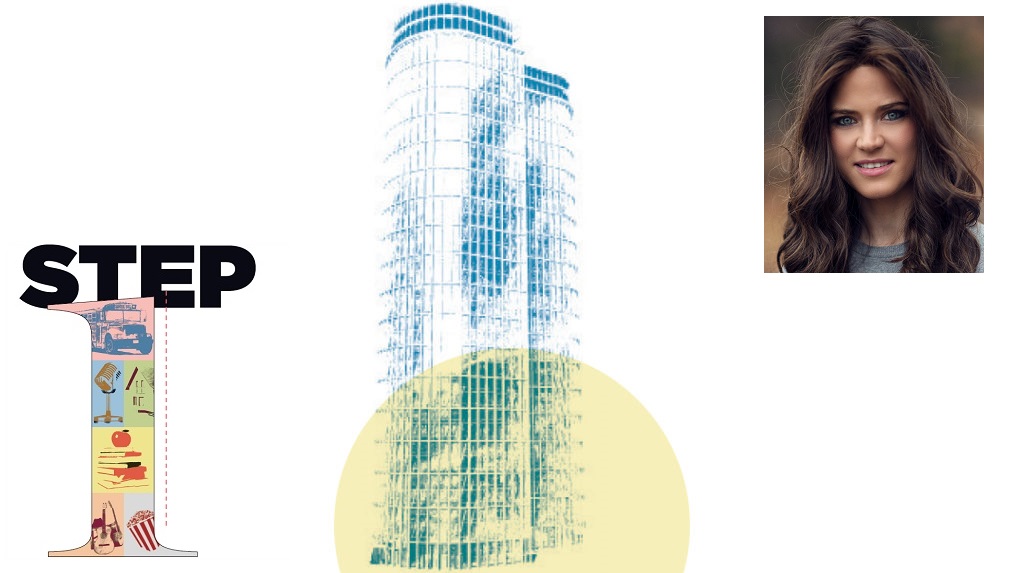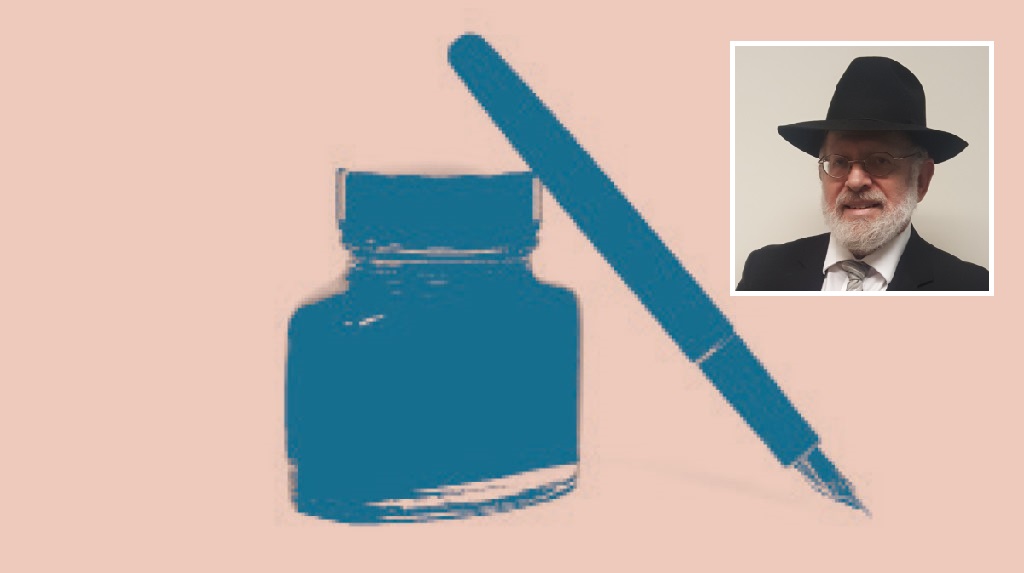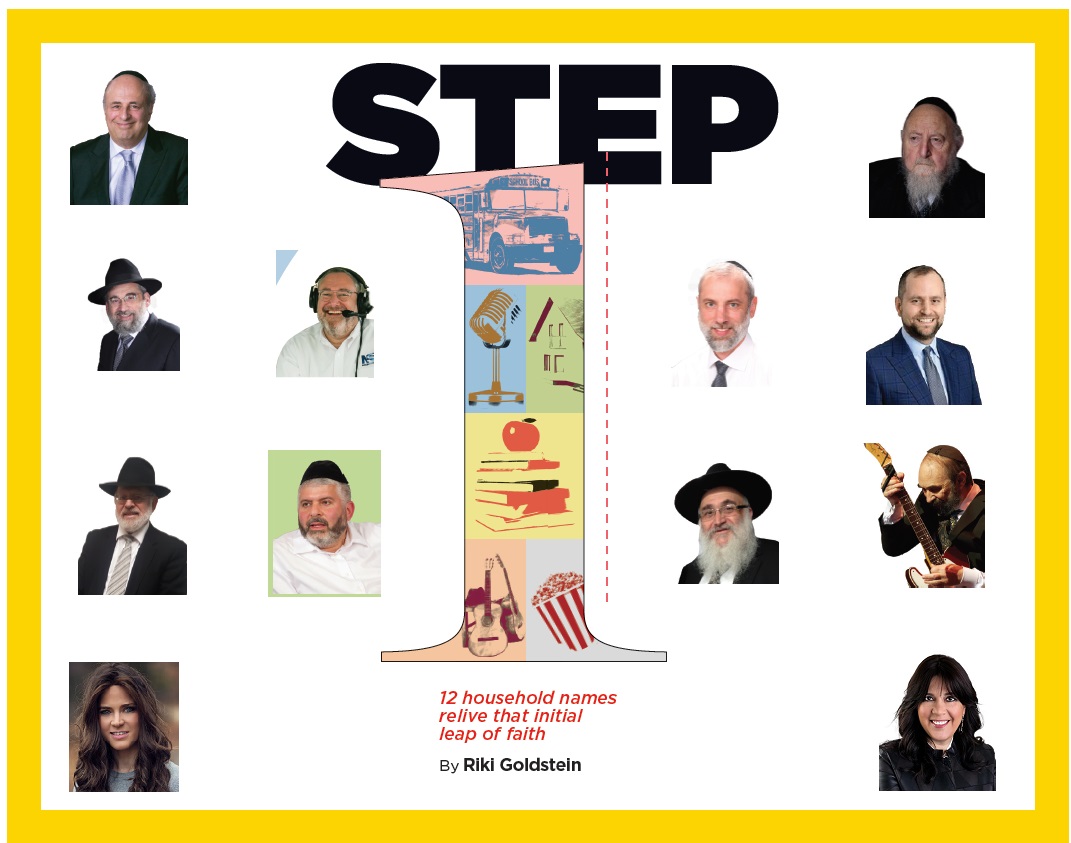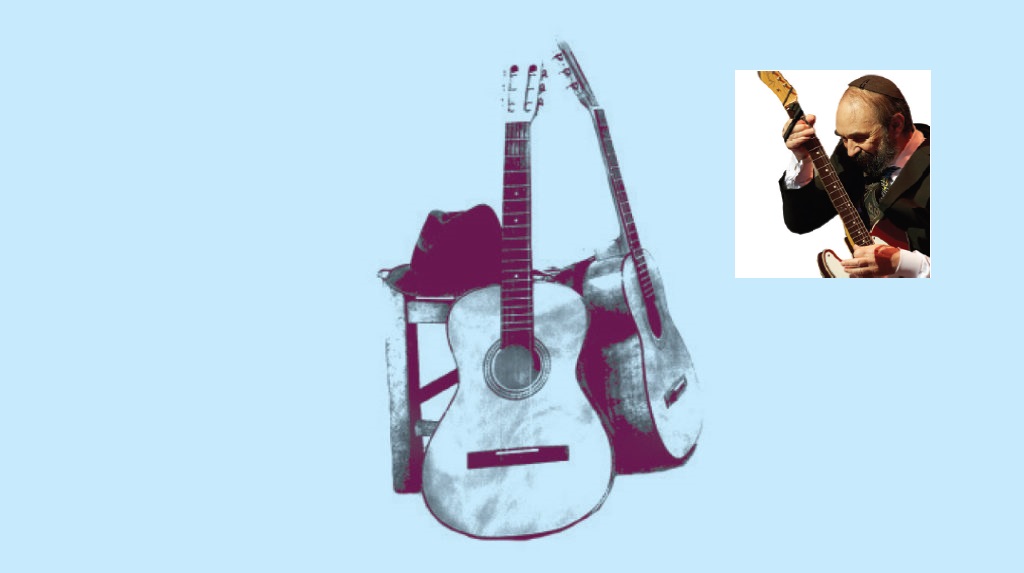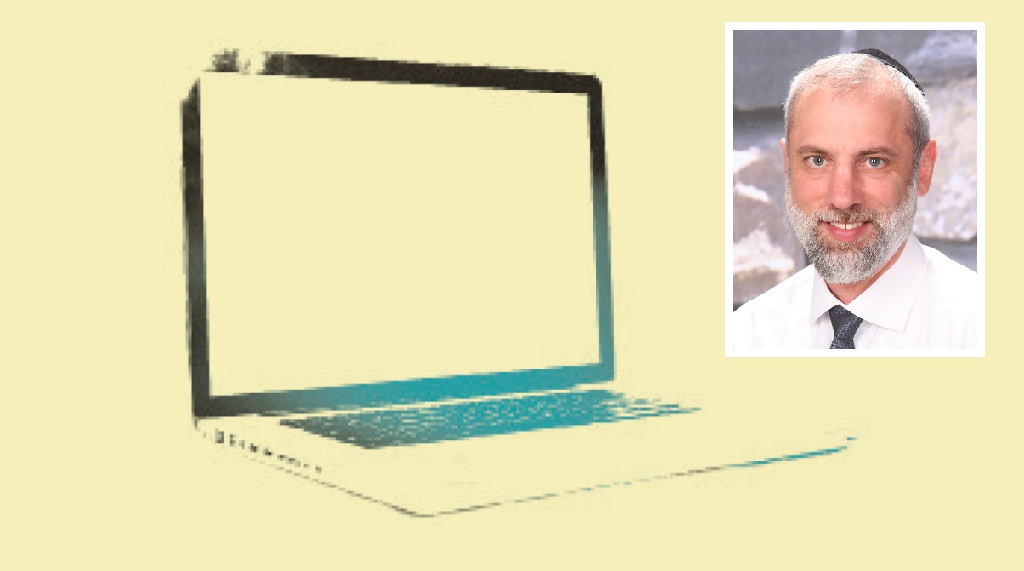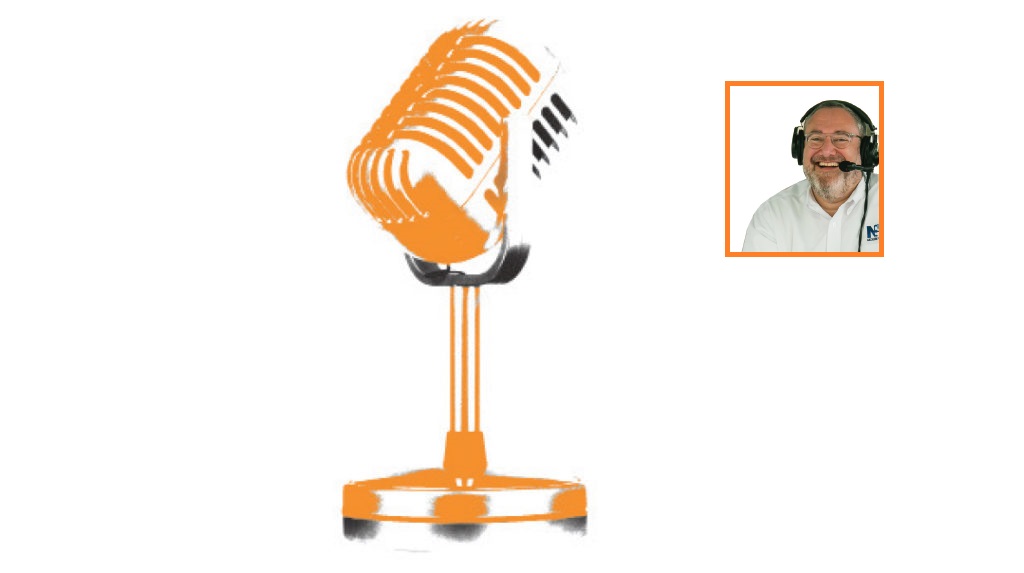A Different Course
| September 29, 2020Today they’re household names, but it started with a leap of faith: “When you’re able to give them words for their pain and help them heal, you’re fulfilling the mitzvah of hashavas aveidah, because you’re restoring their souls"
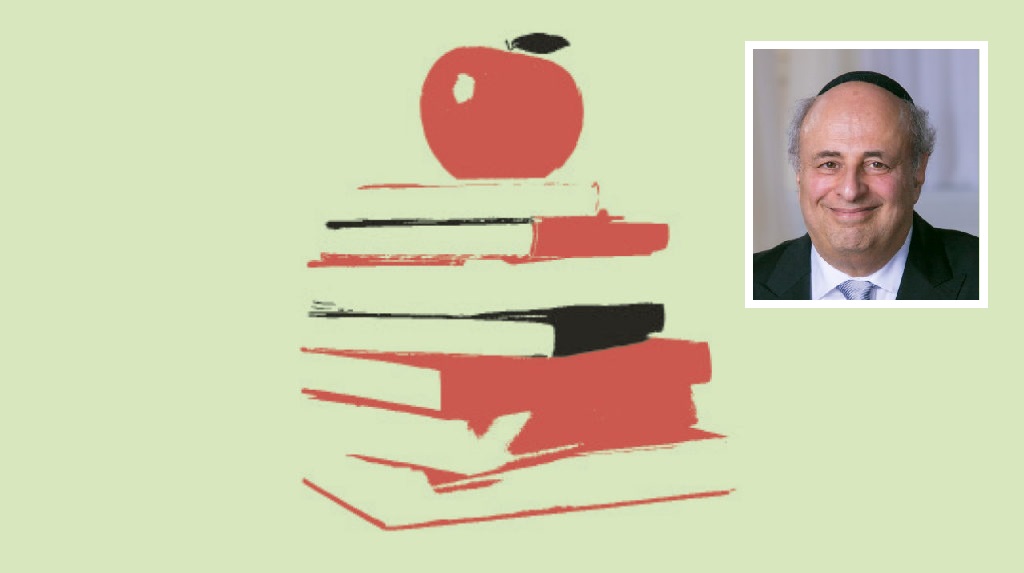
I

When I approached the dean of the medical school to get his permission to attend those lectures, he laughed off my request. “Absolutely not! We don’t have any room in any of Dr. Beck’s classes.”
It was devastating to hear that after I had moved from New York to Philadelphia solely in order to study CBT from Dr. Beck, there was no possibility that I would get to do so. The dean saw I was upset and offered me something else. “I’ll tell you what I can do for you. For the first time, we’re offering a course on child abuse in the pediatrics department of the medical school. I think I can get you into that.” I had no interest in child abuse; I wanted to learn how to treat depression, but I very reluctantly agreed.
It was a brand-new field, and in the end, I did my dissertation on child abuse. As I studied and researched, it became very clear to me that we had this problem in the Jewish community, and that no one was aware of it or dealing with it. When I came back to New York, I wasn’t just another guy treating anxiety and depression. My specialty in the nascent field took me to an excellent job in a prestigious hospital. Through that, I was able to serve the community immediately, working to raise awareness of child abuse.
It could have been a scary place to be, aware of a problem no one else was looking at, but my rebbi, Rav Avrohom Pam, told me that when you’re able to help protect people, to give them words for their pain and help them heal, to get the community to support them, among the many mitzvos d’Oraisa you’re fulfilling is hashavas aveidah, because you’re restoring their souls. And when you see a Jewish child suffering from abuse and look the other way, you’re transgressing the prohibition of ha’alamah.
A seminal moment occurred in the late 1970s. I was invited to give a session at the convention of a major frum organization, but the organizers would not let me address the subject of abuse. I spoke about child abuse anyway. The organizers were angry, but after the session, leaders and delegates from the across the country lined up to speak to me and tell me about abuse situations they were facing. Some of them were crying. We spoke for hours and hours.
Then things really began to move in the right direction. I had the privilege of working with Shalom Task Force, and then, little by little, Ohel and Chai Lifeline stepped in.
People in the community, once helped to see the realities of abuse, want to do the right thing, and today, there is a tremendous amount of protection for children. I’m humbled to have had a part in it — and realize that what I once considered devastating was actually a blessed intervention of Hashgachah for our community.
Dr. David Pelcovitz is a psychologist whose career over the past 25 years has focused on clinical practice and research efforts in areas related to trauma, child abuse, and parenting. He is currently the Straus Professor of Psychology and Education at the Azrieli Graduate School in Yeshiva University.
(Originally featured in Mishpacha, Issue 830)
Oops! We could not locate your form.






